TASC: “Our carbon-financed projects are having a monumental impact at a very grassroots level”
Exclusive interview with Shelley Estcourt, CEO Africa, TASC, the diamond sponsor for the upcoming Carbon Markets Africa Summit, taking place in Johannesburg from 21 to 23 October.
Image: Shelley Estcourt, CEO Africa, TASC
Executive Summary
Shelley Estcourt – CEO Africa, TASC
Shelley Estcourt’s career journey moved from corporate asset management in London and Bermuda to a break for motherhood, before joining TASC in 2020 to launch its South African operations. With limited prior experience in carbon markets, she grew TASC into one of Southern Africa’s largest project developers, employing over 750 people and impacting more than 1.3 million households while managing over 720,000 hectares of rangeland.
About TASC
TASC develops high-integrity, high-impact carbon projects at scale, combining strong science with social and environmental benefits. Originally focused on clean cookstoves, they now run diverse projects such as GRASS (Grassland Restoration and Stewardship in South Africa), supported by in-house R&D and partnerships.
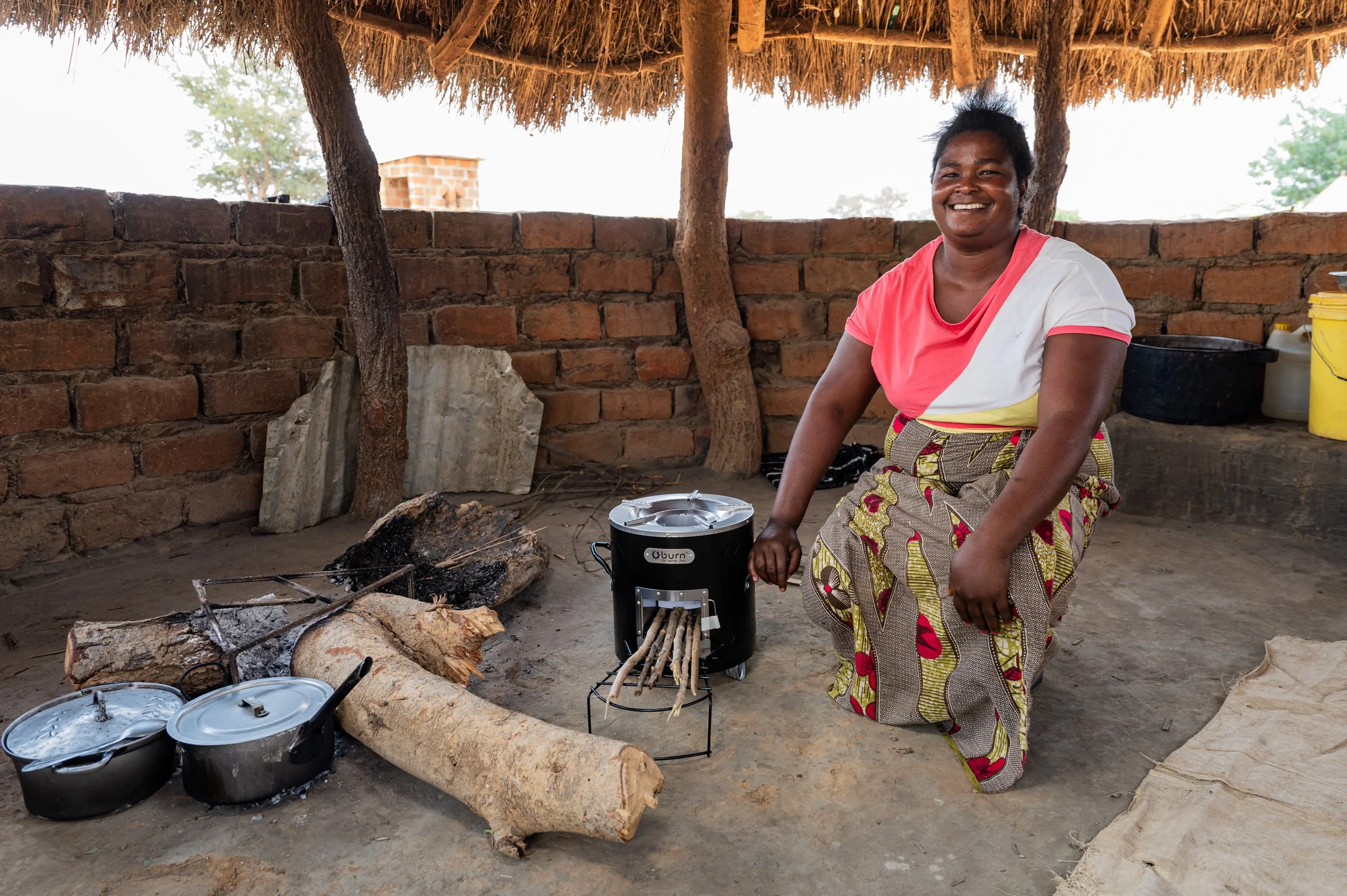
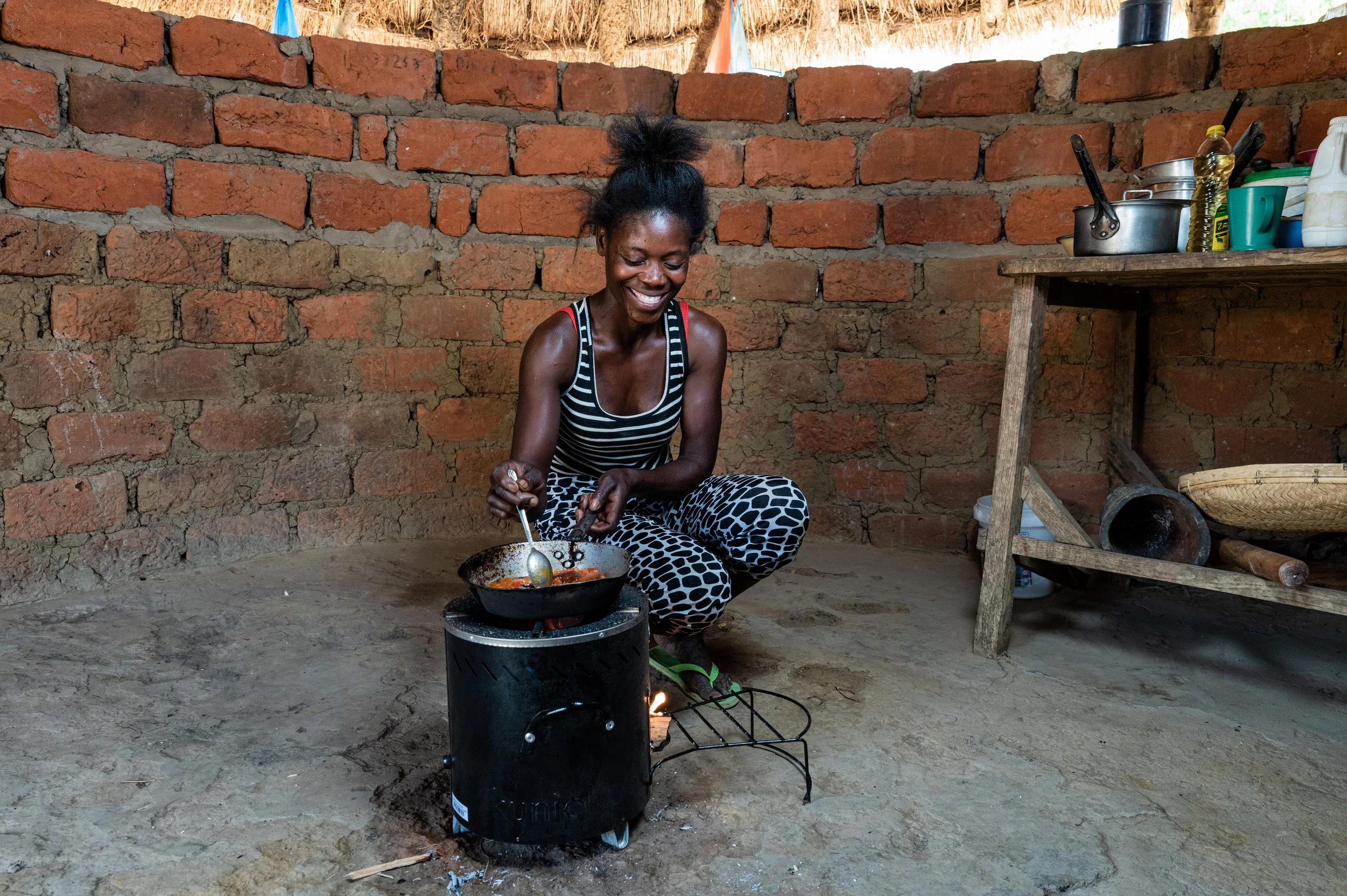
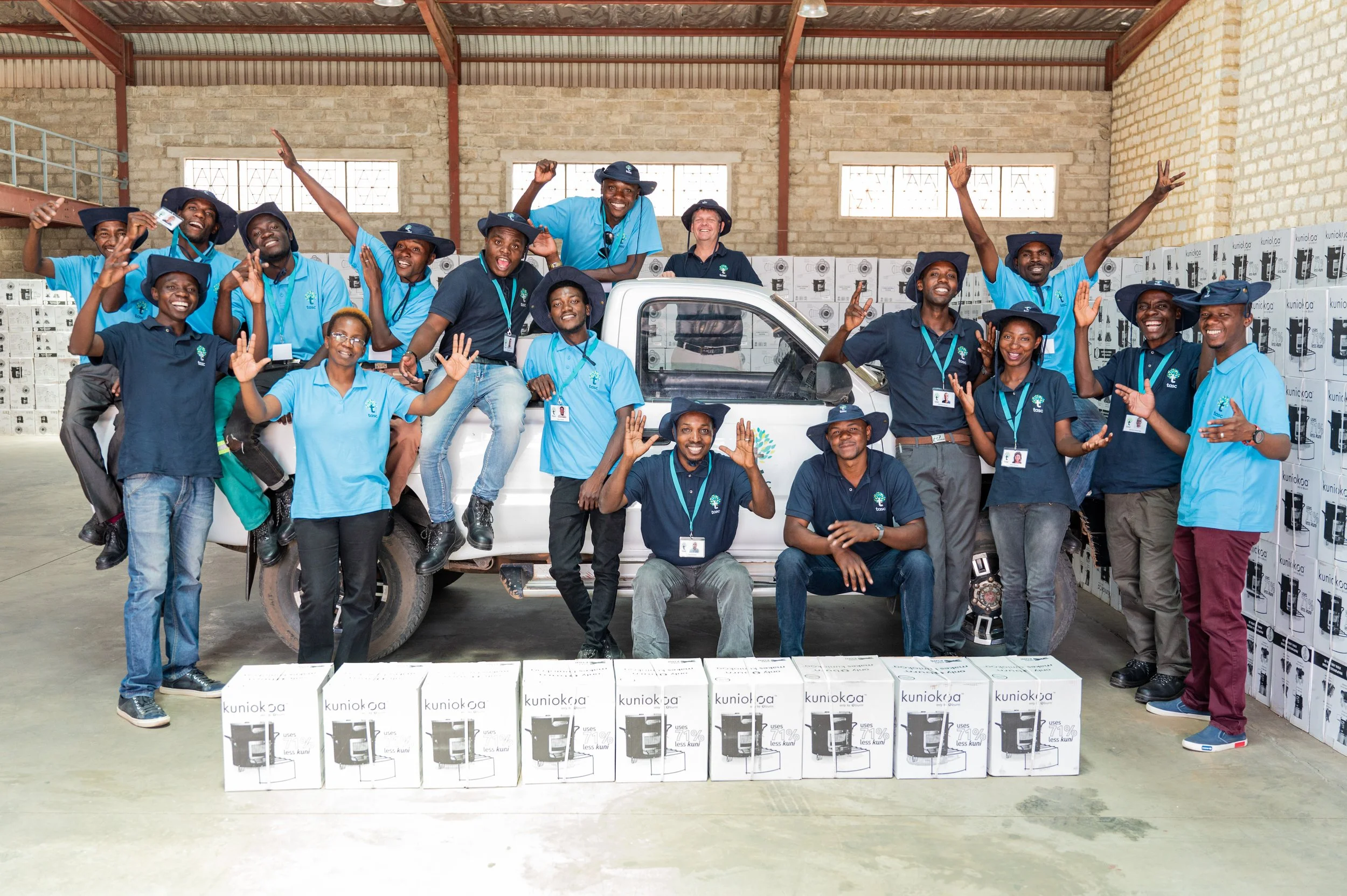
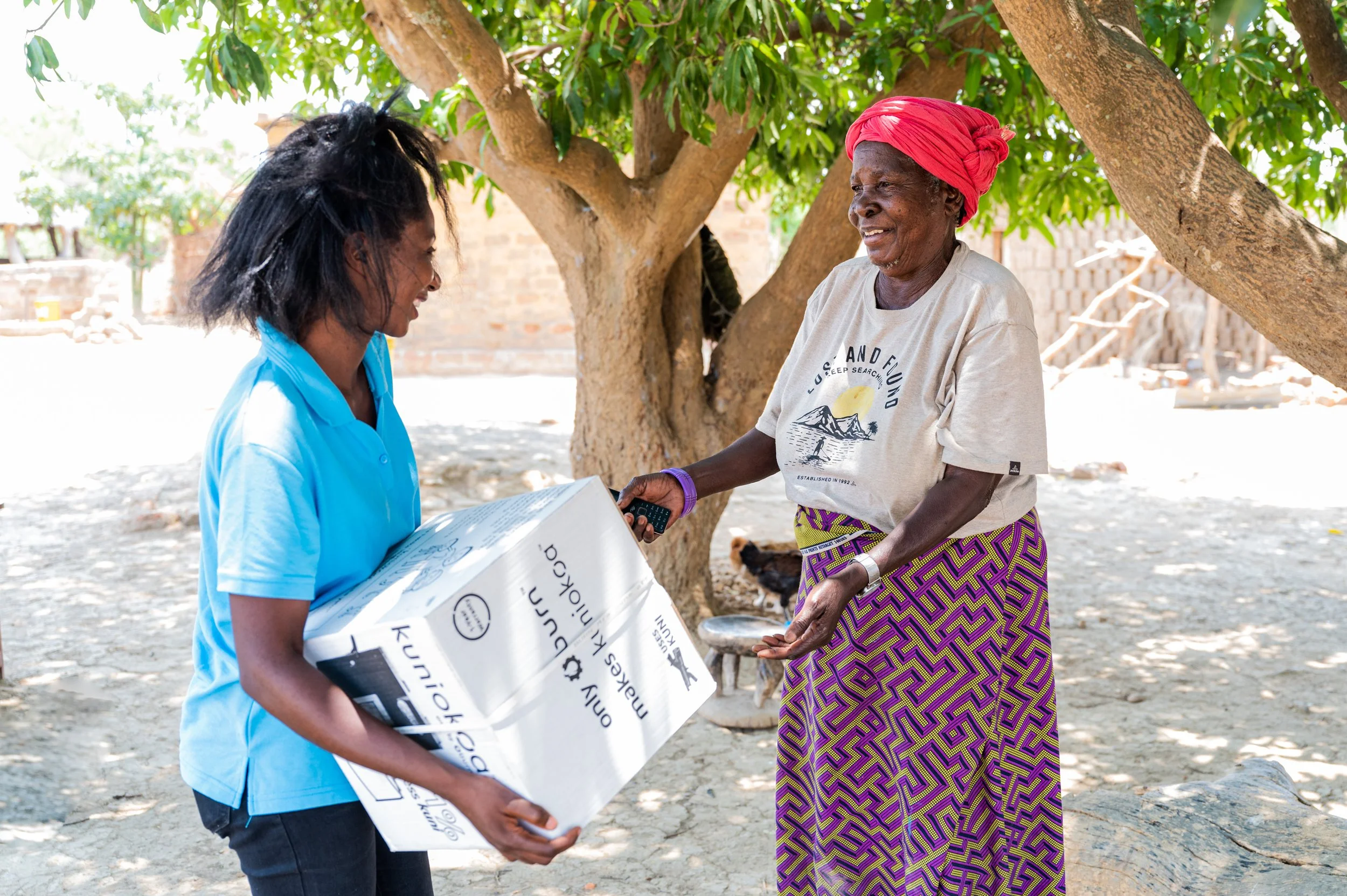
Images: TASC
Operations and Challenges
Active in sub-Saharan Africa and Australia, TASC targets areas with advanced carbon market frameworks. Key challenges include policy uncertainty, slow government processes, remote access to rural beneficiaries, and community trust-building. Opportunities lie in the vast need for restoration in degraded landscapes.
Achievements
2023 Environmental Finance Voluntary Carbon Market Award for clean cookstove distribution (950,000+ households reached).
GRASS project restores degraded rangelands, enhances biodiversity, improves water retention, and strengthens climate resilience, generating certified carbon credits under Verra’s VM0042 methodology.
Partnerships include Meat Naturally, BirdLife South Africa, and Afrivet.
Navigating Carbon Markets
Evolving regulations and shifting standards present difficulties, but South Africa’s compliance market stands out as transparent and well-regulated.
Entrepreneurship Message
Green entrepreneurship is challenging but essential. Estcourt advises staying purpose-driven, maintaining integrity, and resisting opportunism to achieve lasting impact.
Carbon Markets Africa Summit
As Diamond Sponsor, TASC views the event as an opportunity to unite developers, policymakers, and buyers, build trust, and elevate project standards to ensure a credible and transparent carbon market for Africa.
FULL INTERVIEW with Shelley Estcourt, CEO for Africa for TASC:
Thank you for joining us. Let’s start with some background on you.
I am Shelley Estcourt, CEO for Africa for TASC.
My personal and professional journey took me on a bit of a meander. After university, I took on various part-time jobs to support my working holiday in the UK, and I eventually started my career in the corporate world at an entry-level position in an asset management company in London. I worked my way up through that business and, 6 years later, ended as Global Head of Operations (based in Bermuda) for a billion-dollar company.
Fast forward 16 years, having taken a break from the corporate world to be a full-time mum to two gorgeous boys. This is probably one of the hardest jobs anyone can take on, and not a ‘cop out’ as some women are often led to believe. In 2020—the global resetting—COVID happened just at a time that I was re-evaluating where I was, what I stood for, who I wanted to be in my next chapter, and what legacy I wanted to leave behind for my children and my children’s children.
And along came TASC. Being fortunate enough in my connections, I was offered an opportunity to start the TASC business in South Africa in October 2020. Knowing very little about the carbon space but recognising a deep need to make a difference, I took the challenge head-on, and today, I am very proud to say that TASC is one of the biggest project developers in Southern Africa with a fast-growing global recognition in this space. Through our head office and current projects, we employ more than 750 people. Our projects, with lasting co-benefit impacts touching many of the Global Sustainable Development Goals, have reached more than 1.3 million households through household devices, and we have more than 720,000 hectares under rangeland management in the communal and commercial livestock farming landscape.
It is a great privilege to be at this stage in my life and love everything I do, and I am humbled by the monumental impact our projects are having at a very grassroots level, all this, enabled through carbon finance.
Tell us about TASC, your aims, and the different projects you are developing.
TASC is a mission-driven project developer focused on delivering high-integrity, high-impact carbon projects at scale.
Historically, we have been focused on cookstoves, but our GRASS project is a testament to our ability to diversify quite significantly. Backed by a dedicated in-house R&D team, we are constantly innovating and exploring new methodologies, platforms, and country partnerships. We have a big focus on projects that deliver impact at scale, combined with sound carbon modelling and science.
At our core, we are community-driven and believe in delivering real-world social and environmental impact rooted in rigorous carbon science.
Where are you active?
We are currently active across sub-Saharan Africa and Australia, with expansion plans into other parts of Africa and the Australasian region. Our focus is on jurisdictions with advanced Article 6 carbon market frameworks, where the enabling environment allows for long-term, scalable impact.
What have been the challenges in getting these projects off the ground? And what are the opportunities?
Policy uncertainty remains one of the biggest challenges. Anything from fluctuating regulations, political risk, and slow government processes can delay or derail projects. Likewise, the recipients we work with are generally rural and incredibly hard to access. Further, to ensure successful community buy-in to these projects, we need to garner an in-depth understanding of the cultural norms of these communities, as they can be – understandably – reluctant to welcome outsiders into their homes.
On the opportunity side, the scale of need is vast. Many of the landscapes we work in are severely degraded and underserved, yet filled with untapped potential. With the right approach, we can deliver truly transformative outcomes for both people and planet.
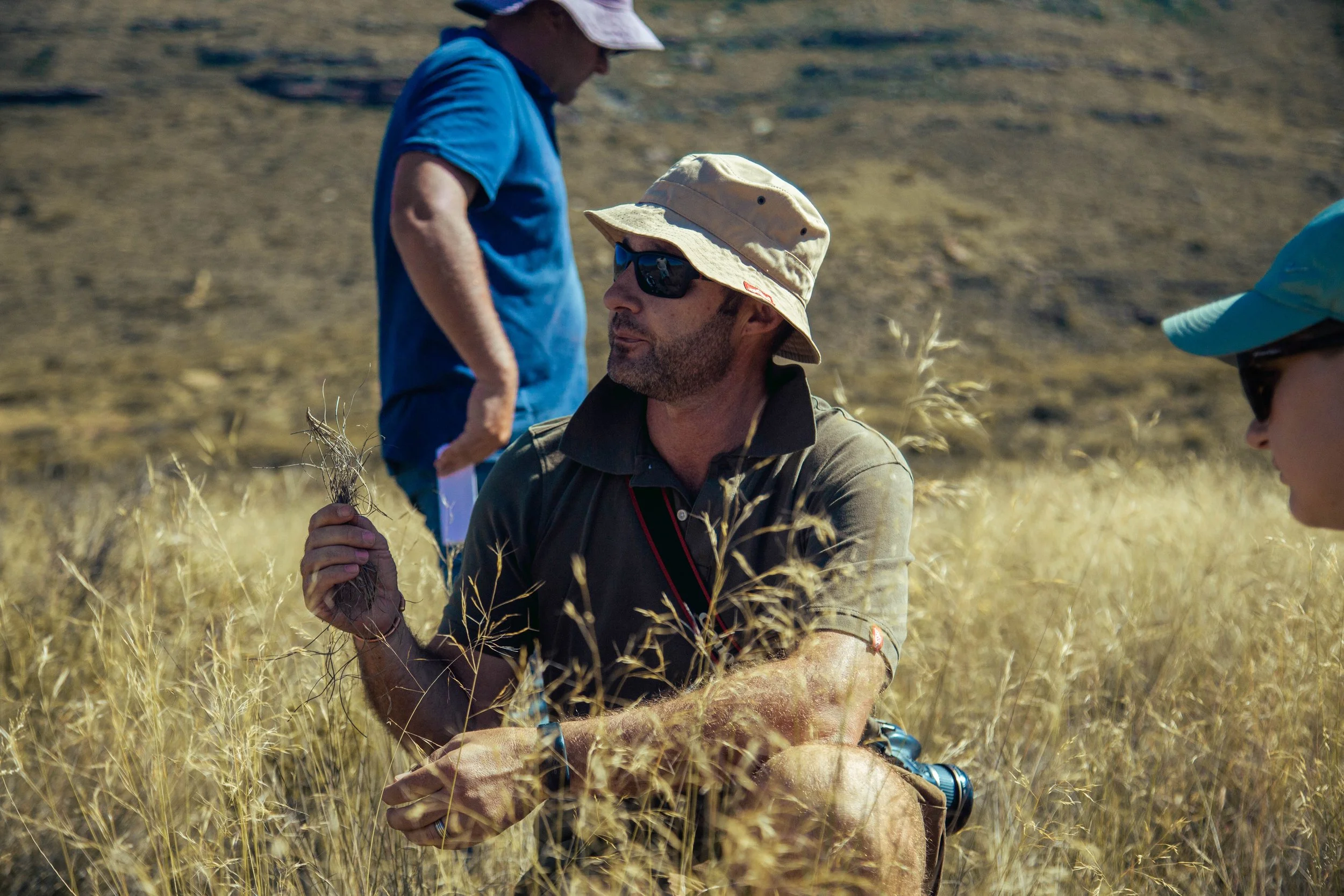
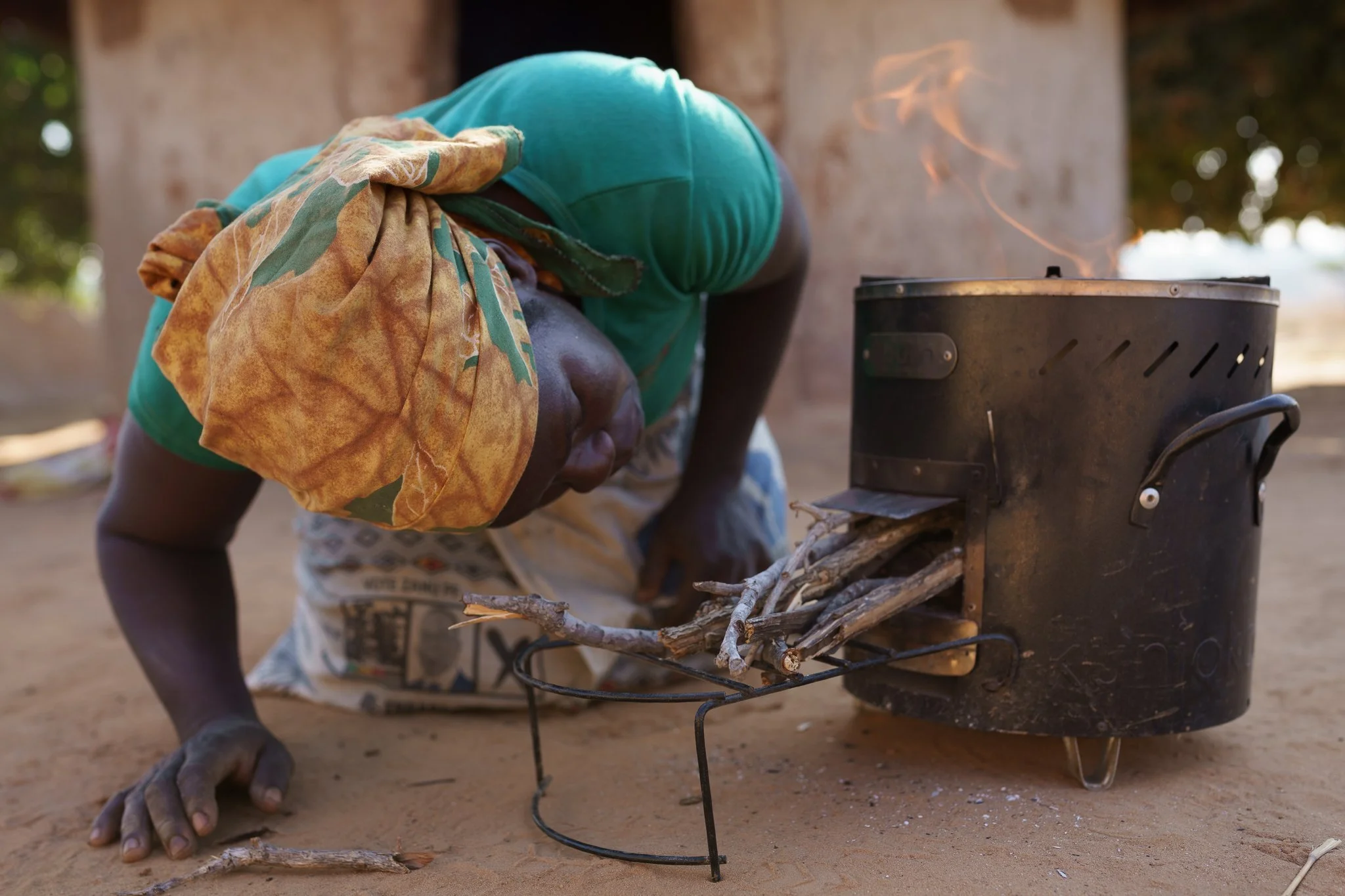
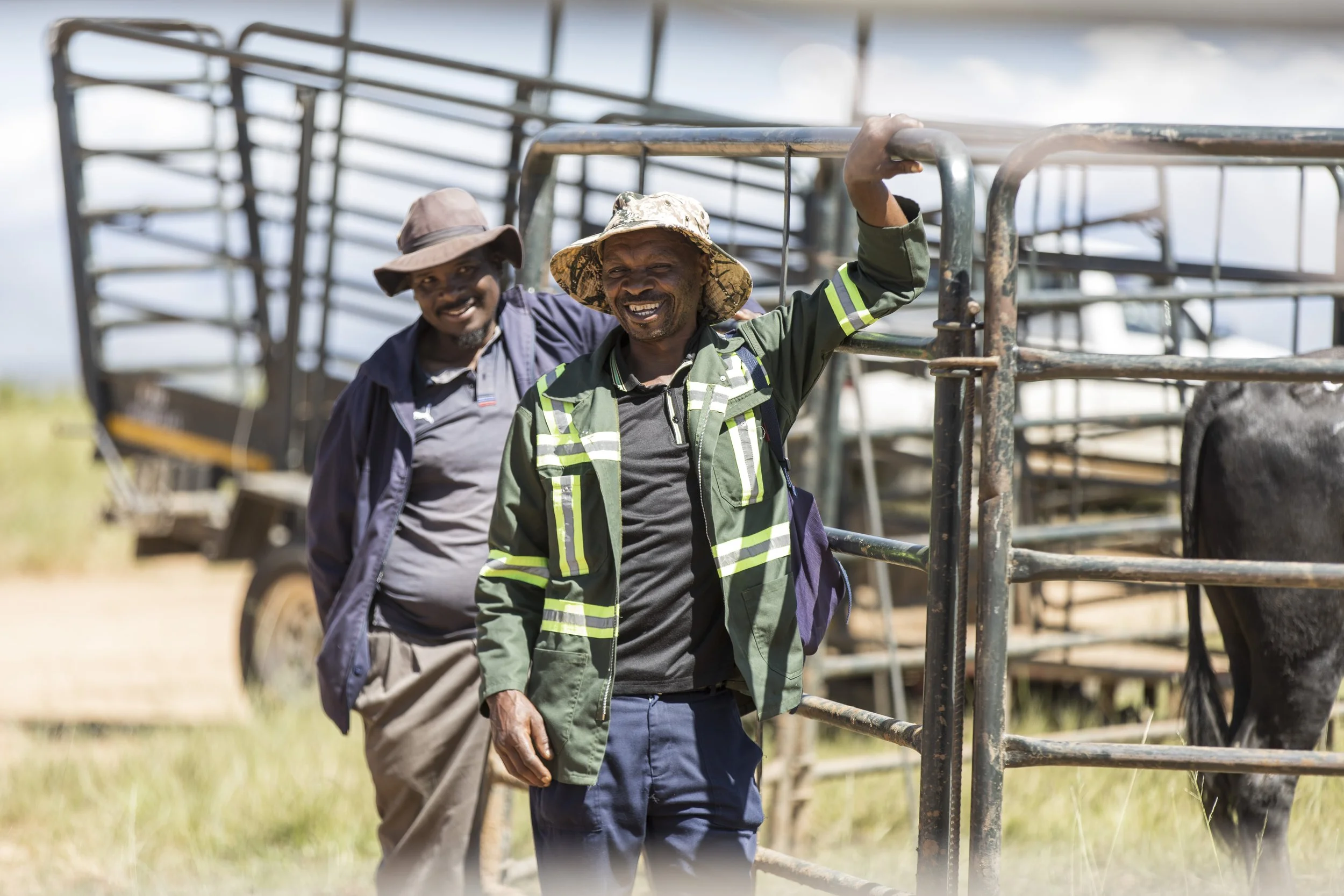
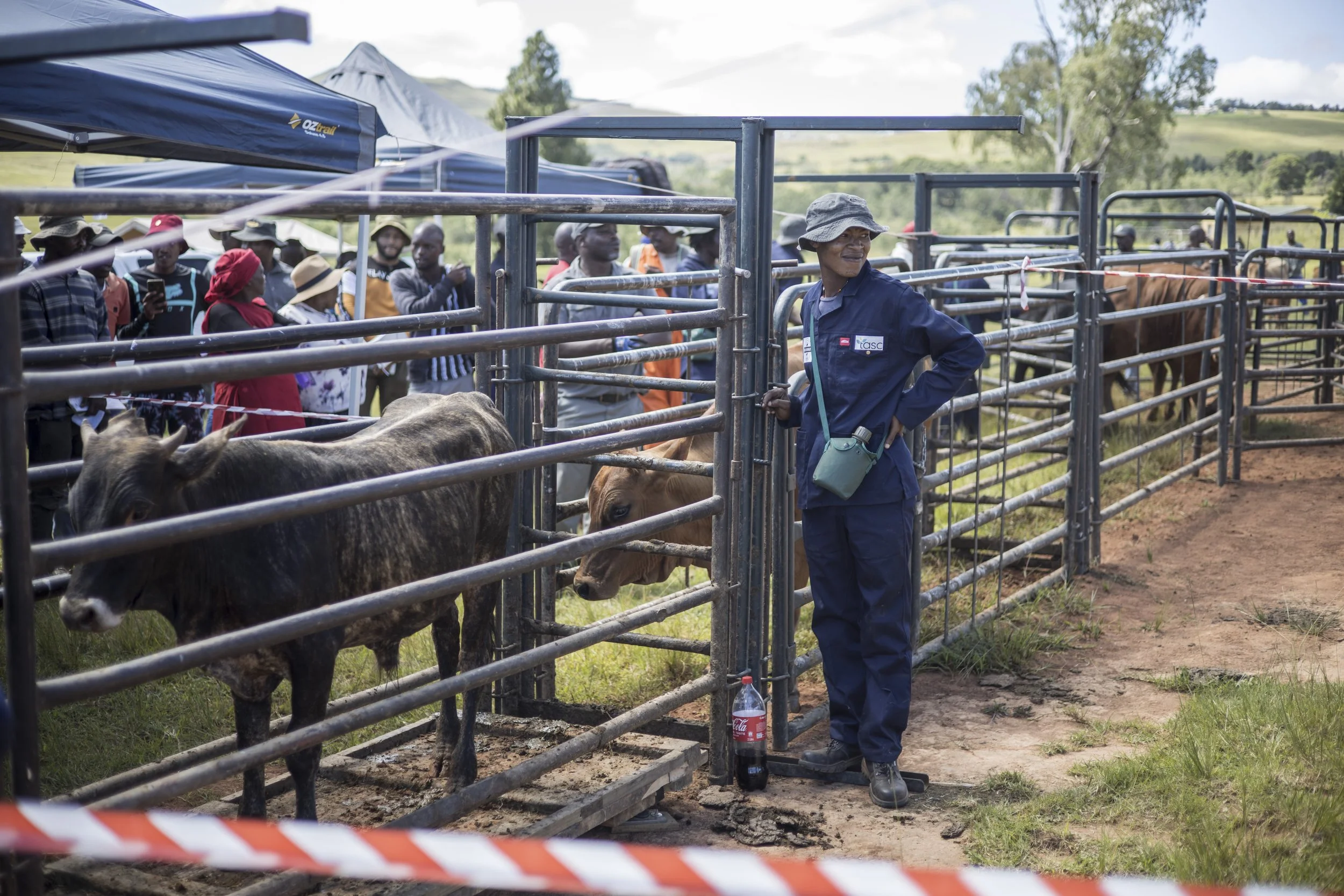
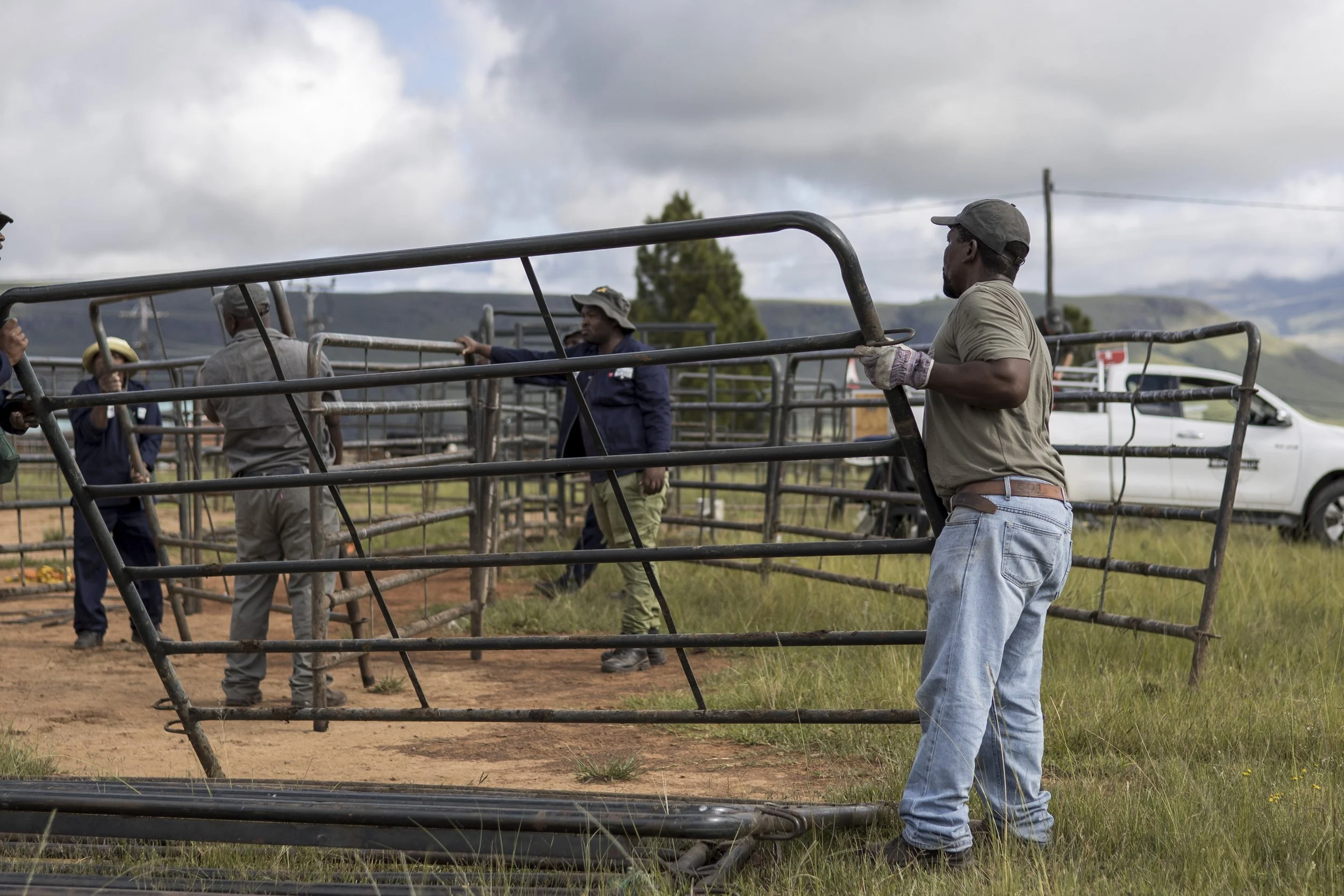
Images: TASC
TASC won the Environmental Finance Voluntary Carbon Market Award in 2023 for your cookstove project. How did this support the project?
The award and the associated finance mechanism via Standard Bank were instrumental. It enabled us to repay early-stage funding and significantly expand the scope of the programme. To date, we’ve distributed clean cookstoves to over 950,000 households across rural South Africa, with benefits for both community health and carbon reductions.
How is the GRASS project addressing the consequences of climate change?
TASC’s GRASS (Grassland Restoration and Stewardship in South Africa) project directly tackles the consequences of climate change by restoring degraded rangelands, boosting carbon sequestration, and building long-term resilience for rural communities. Climate change has significantly reduced the adaptive capacity of farmers, which sees them to increased drought vulnerability, erosion, bare soils, and more extreme weather impacts. GRASS helps reverse these effects by improving water-holding capacity, stabilising soil temperatures, reducing erosion, and increasing biodiversity.
Through regenerative grazing, better livestock management, and farmer training, the project enhances ecosystem health and climate resilience across hundreds of thousands of hectares.
GRASS is also the world’s first project registered under Verra’s VM0042 methodology, enabling robust monitoring and the generation of certified carbon credits. With its revenue-sharing model, GRASS not only reduces millions of tonnes of CO₂e but also delivers meaningful, long-term benefits to people and planet, including creating a scalable blueprint for climate-smart agriculture in South Africa and beyond.
Who are your partners in this particular project?
TASC’s GRASS carbon credit project is delivered in partnership with organisations such as Meat Naturally, BirdLife South Africa, and Afrivet, alongside a broader, community-based group of collaborators. These partnerships bring together expertise in regenerative agriculture, conservation, and sustainable finance to support large-scale grassland restoration and community empowerment in South Africa.
This is a very nascent sector. How challenging has it been to navigate the carbon credit space with all its requirements and ever-evolving standards?
It’s not been easy. Regulatory frameworks – particularly the operationalisation of Article 6 – are constantly evolving, making it difficult to plan and attract long-term investment. The shifting goalposts from some international standards can also complicate project validation and financing. That said, the South African compliance market has been a positive example: transparent, well-regulated, and underpinned by clear price signals and predictable application processes for large emitters.
How important is entrepreneurship in Africa’s journey to adopt green economy principles? What is your message to other green entrepreneurs?
It’s a rollercoaster—be ready for the ride. Our advice: stay true to your purpose, values, and integrity. The carbon space will always attract opportunists, but it's the committed, mission-aligned actors who will endure and create lasting change. Stay true to your ethos, your purpose, and your integrity, and do not be swayed by bad actors entering your space. Africa needs bold entrepreneurs who can hold the line and innovate responsibly.
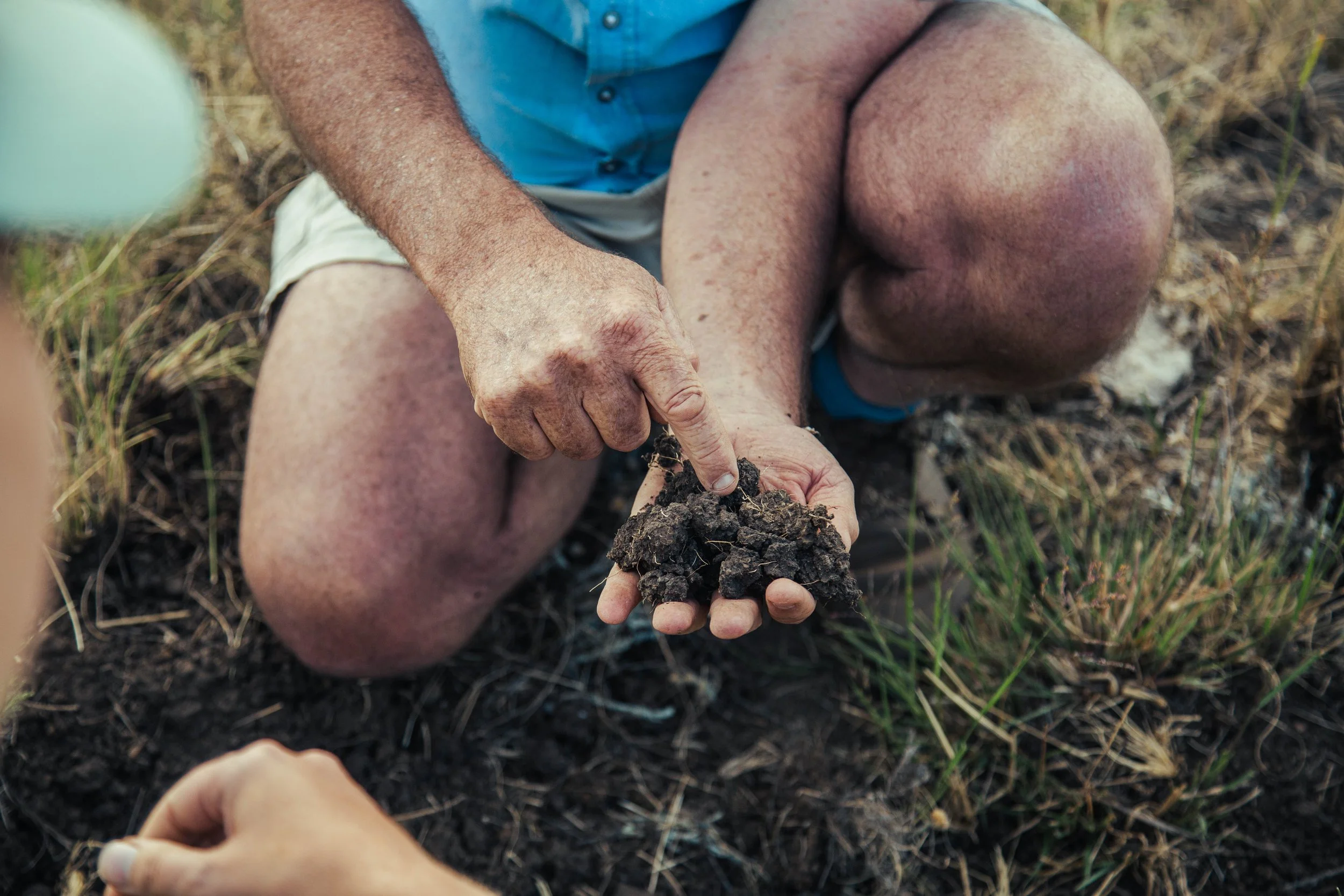

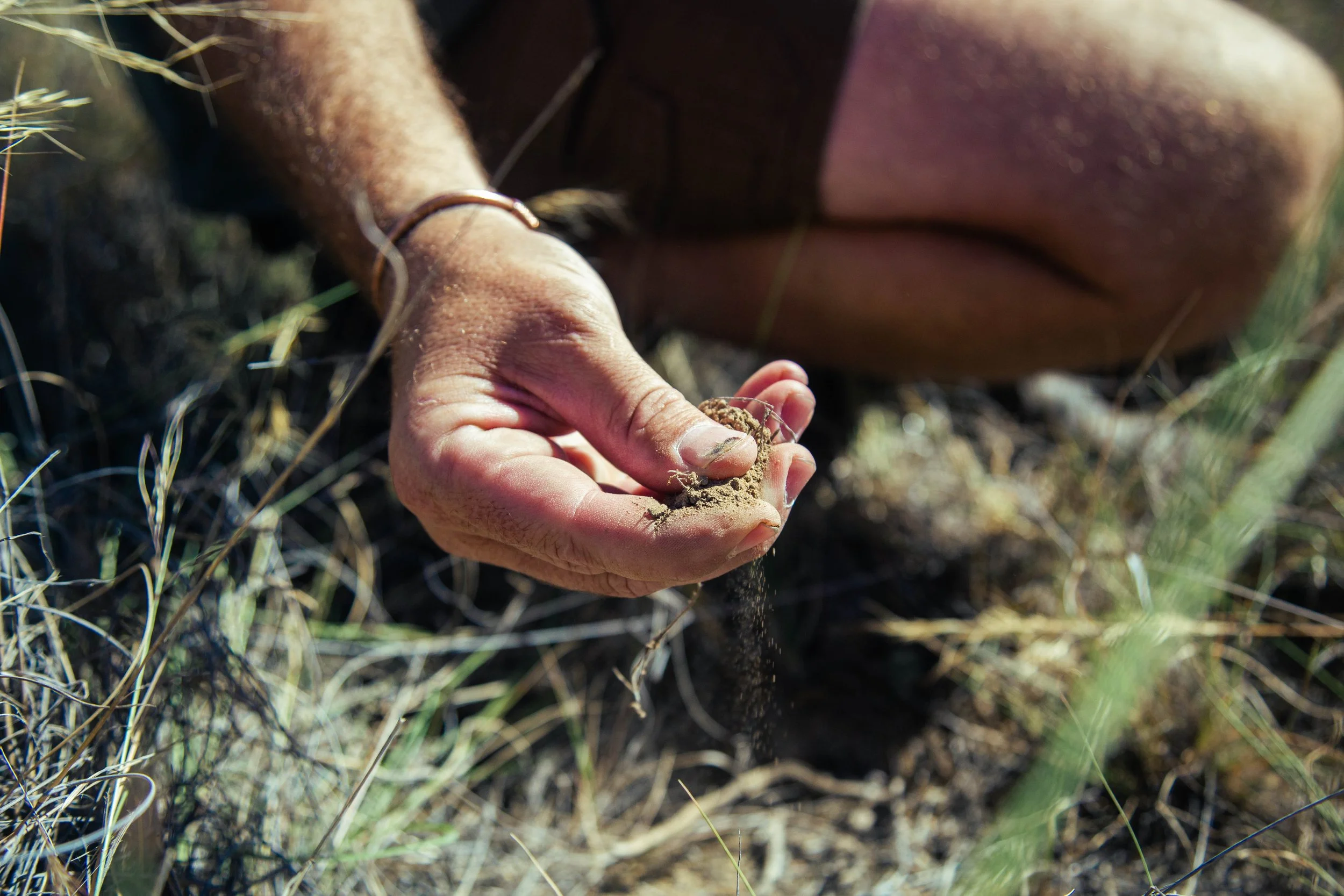

Images: TASC
TASC is a Diamond Sponsor of the inaugural Carbon Markets Africa Summit in October. How important is such a gathering for the continent?
CMAS provides an important opportunity to bring thought leaders, developers, policymakers, and buyers into one room. It’s a platform to hopefully accelerate Article 6 readiness, deepen understanding of what high-impact projects look like on the ground, and promote stronger collaboration across the continent.
For buyers, this is your chance to meet developers face-to-face, ask the hard questions, and build real trust in the market. Come and listen to the passion.
What will be your message at the event?
A rising tide lifts all boats. While there is competition in the carbon space, we will only succeed if we collectively raise the bar. There is no benefit in us having bad actors, as we are all in this together and don’t need the market credibility impacted.
Let’s use this event as a rallying point to focus on building a robust, transparent, and functioning carbon market that works for Africa and the planet.

